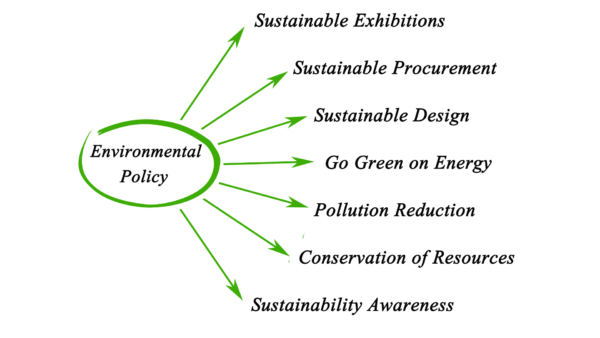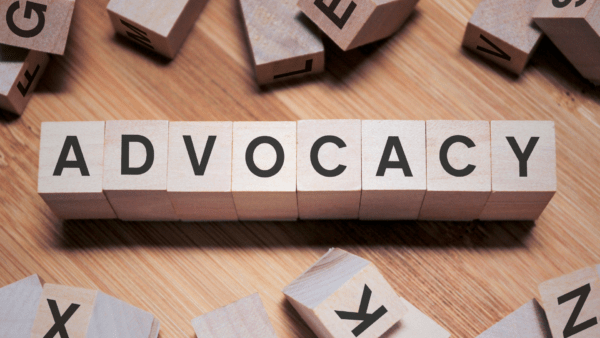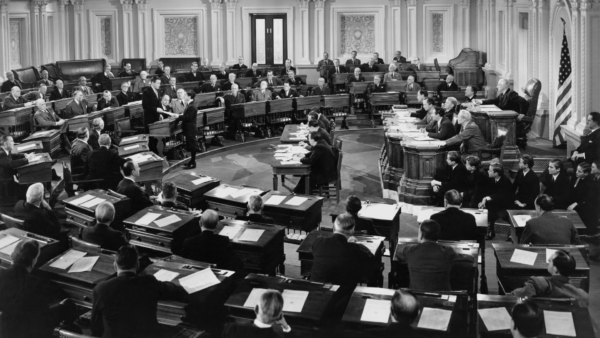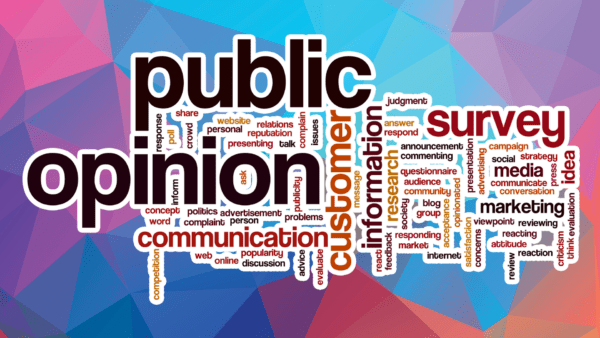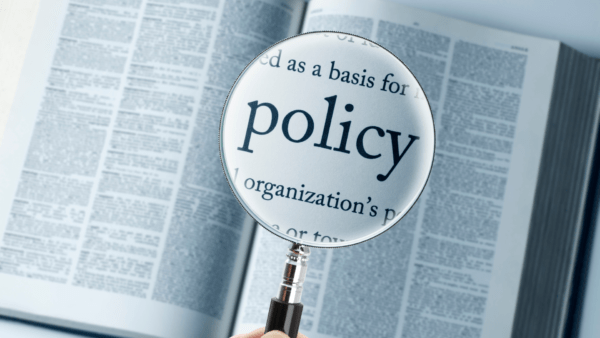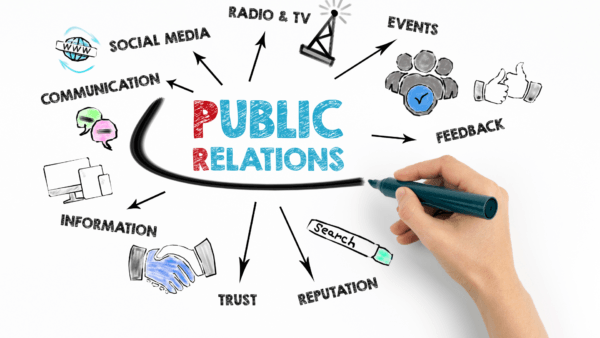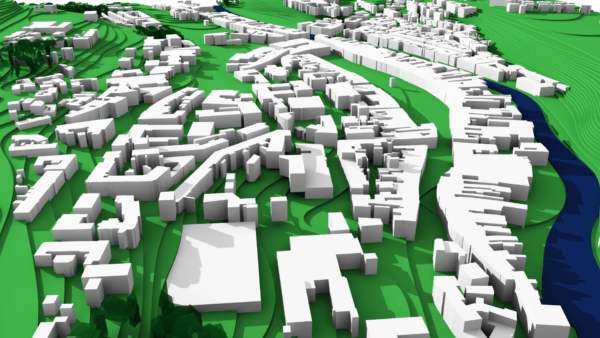
The Government and Public Administration career field encompasses a wide range of roles and responsibilities related to the management and operation of government agencies and organizations. Professionals in this field work in various capacities at the local, state, federal, or international levels, contributing to the development and implementation of public policies, programs, and services.
Education
Varies significantly depending on the specific career path you choose; however, may require at least a bachelor’s degree in fields such as political science, public administration, or related disciplines, with many positions favoring candidates with master’s degrees or specialized education in areas like law or international relations. Practical experience through internships and a solid understanding of the specific requirements for the desired role are often crucial for success in this diverse and impactful field.
To Consider
- Educational requirements can vary widely.
- Certain government positions may require passing civil service exams or obtaining specific certifications relevant to the field.
Examples of Professional Areas (non-exhaustive)
Examples of Professions (non-exhaustive)
Common soft skills (non-exhaustive)
Soft skills are essential in the Government and Public Administration career field because they facilitate effective communication, decision-making, collaboration, and leadership, enabling professionals to navigate complex challenges, build positive relationships, and contribute to the successful implementation of policies that impact communities. These skills are integral to maintaining public trust, promoting inclusivity, and adapting to the dynamic nature of the public sector. Here are some common soft skills that are highly valued in this field (this list is non-exhaustive; note that all skills are not necessarily needed).
Adaptability/Flexibility: The ability to adapt to changing circumstances and navigate evolving political, social, and economic landscapes is crucial in the dynamic field of public administration.
Analytical Skills: The ability to analyze data, trends, and policy implications enables professionals to make informed decisions and contribute to evidence-based policymaking.
Attention to Detail: Paying close attention to details is essential, particularly in areas such as budgeting, policy drafting, and legal compliance, where accuracy is critical.
Communication Skills: The ability to convey information clearly and effectively, whether in written or verbal form, is crucial for collaborating with colleagues, policymakers, and the public.
Conflict Resolution: Skills in resolving conflicts and addressing disagreements in a constructive manner contribute to a harmonious work environment and effective decision-making.
Critical Thinking: The capacity to analyze information, evaluate situations, and make informed decisions is essential for addressing complex issues and developing effective policies.
Cultural Competence: Being aware of and respecting cultural differences is important for working with diverse populations and ensuring equitable and inclusive policies and services.
Customer Service Orientation: A focus on providing excellent service to the public, meeting their needs, and addressing concerns is important in roles that directly impact citizens.
Emotional Intelligence: Understanding and managing one’s emotions and those of others is important for building positive relationships, effective communication, and leadership.
Ethical Decision-Making: Upholding high ethical standards and making decisions based on integrity is fundamental, given the public trust associated with government and public administration roles.
Interpersonal Skills: Building positive relationships and collaborating with diverse individuals, including colleagues, stakeholders, and the public, is essential for effective governance and administration.
Leadership Skills: Effective leaders in government inspire and guide teams, make decisions that align with organizational goals, and foster a positive and productive work environment.
Negotiation Skills: The ability to negotiate effectively with various stakeholders, whether within the organization or in collaboration with external entities, is essential for achieving common goals.
Networking: Building and maintaining professional networks within and outside the organization can enhance collaboration, provide resources, and open up opportunities for partnerships.
Problem-Solving: The skill to identify challenges, develop viable solutions, and implement strategies to overcome obstacles is valuable in navigating the diverse issues encountered in public administration.
Public Speaking/Presentation Skills: The capability to effectively communicate ideas, policies, and information to the public, stakeholders, and policymakers through public speaking and presentations.
Resilience: The ability to bounce back from setbacks, adapt to challenges, and maintain composure in high-pressure situations is valuable in the ever-changing landscape of public administration.
Strategic Thinking: The ability to think strategically and anticipate future challenges and opportunities contributes to long-term planning and effective policy development.
Teamwork and Collaboration: Working collaboratively with colleagues, inter-agency teams, and external partners is crucial for achieving collective objectives and addressing complex challenges.
Time Management: Efficiently managing time and prioritizing tasks is vital in handling the diverse and often demanding responsibilities of government and public administration.







